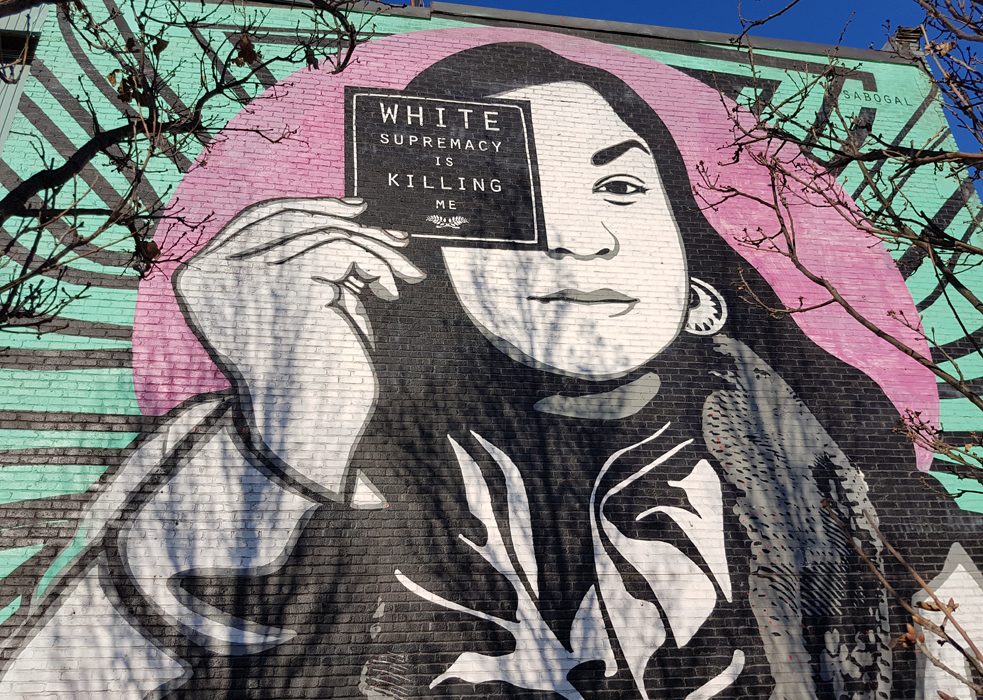The Australian Capital Territory (ACT) is often perceived as a progressive region within Australia, yet beneath this facade lies a troubling relationship between government actions and systemic racism. This post critically examines the argument that the ACT government protects white supremacists from accountability for their illegal and racist actions. While there are instances of governmental efforts to address these issues, the persistence of systemic inequalities raises serious questions about both the genuineness and the effectiveness of such initiatives.
At the core of the argument that the ACT government perpetuates white supremacy is the historical context of Indigenous Australians. The legacy of colonisation continues to manifest in various forms, from land dispossession to cultural erasure. The ACT government has often been criticised for its inadequate responses to the needs of Indigenous communities. For example, the 2020 “Closing the Gap” report revealed that despite government commitments, significant disparities remain in health, education, and economic participation for Indigenous Australians (Productivity Commission, 2020). This failure to close the gap is indicative of a broader systemic issue, where the government’s actions—or lack thereof—serve to protect the privileges of the dominant white population.
Moreover, recent controversies surrounding policing practices in the ACT further illuminate the issue of racial profiling and discrimination. The surveillance of marginalised communities, particularly Indigenous peoples, raises alarms about the state’s complicity in upholding systemic racism. Reports of racial profiling by law enforcement indicate a troubling trend where the government seems to prioritise the maintenance of order over the protection of marginalised communities. This raises critical questions:To what extent is the government willing to hold itself accountable for these actions? And how can it claim to promote equality while simultaneously perpetuating systems that disadvantage certain groups?
On the flip side, defenders of the ACT government argue that significant strides have been made towards reconciliation and addressing historical injustices. The establishment of the “ACT Aboriginal and Torres Strait Islander Agreement” represents an effort to improve outcomes for Indigenous peoples through collaboration and recognition of rights (ACT Government, 2020). Unfortunately, the ACT Human Rights Commission is a toothless tiger and has utterly failed to address grievances related to discrimination, suggesting a paper-thin commitment to accountability.
The existence of the Commission does not negate the reality of ongoing discrimination faced by Indigenous Australians. The government’s efforts can appear more like token gestures than genuine commitments to dismantling systemic racism. While the ACT government may publicly advocate for equality, the lived experiences of marginalised communities often tell a different story—one of continued neglect and systemic barriers.
The ongoing debate surrounding the ACT government’s accountability in relation to white supremacy and racism underscores the need for a critical examination of both policies and societal attitudes. It is essential to recognise that while some efforts are made to address these issues, they are often insufficient in the face of deeply entrenched systemic inequalities. The challenge lies in transforming these initiatives from mere rhetoric into actionable change that genuinely uplifts marginalised voices and dismantles the structures that perpetuate racism.
The ACT government’s relationship with white supremacy and accountability is fraught with contradictions. While there are efforts to address historical injustices, the persistence of systemic racism calls into question the sincerity and effectiveness of these initiatives. For true accountability to be achieved, the government must move beyond surface-level commitments and engage in meaningful dialogue with affected communities. Only then can the ACT hope to confront its legacy of racism and work towards a more equitable future for all its residents.
References
ACT Government. (2020). ACT Aboriginal and Torres Strait Islander Agreement.
Productivity Commission. (2020). Closing the Gap: Annual Data Report.

